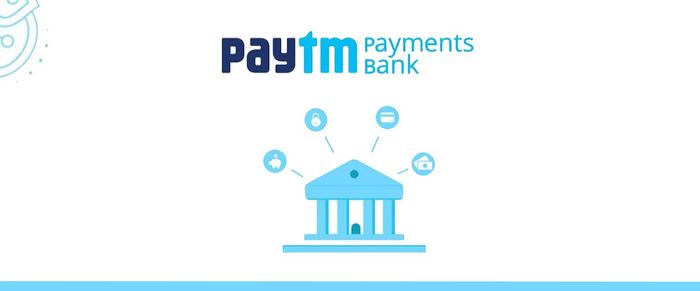Paytm stock is currently worth less than one-third of its initial offer price and is trading at an all-time low.
Shares of One 97 Communications Ltd, the parent company of fintech platform Paytm, fell 12 per cent in early trade on Monday, setting a new all-time low of Rs 672 per share. At the same time, the Nifty, a 50-stock benchmark index, was down 0.08 per cent at 16,617.35 points. Due to potential inadequacies in its technical infrastructure, the Reserve Bank of India (RBI) has barred Paytm Payments Bank from onboarding new customers. As a result, the onboarding of new users for Paytm Payments Bank would require particular RBI permits.
Paytm Payment Bank

It is the third time the central bank has taken action against Paytm Payments Bank since its launch in May 2017. As a result, it is now forbidden to open new accounts for the second time.
In executing its powers, among other things, under section 35A of the Banking Regulation Act, 1949, the RBI has directed Paytm Payments Bank Ltd to halt with onboarding of new customers.
“This action is based on certain material supervisory concerns observed in the bank,” the Reserve Bank of India (RBI) said on March 11.
In response, Paytm Bank stated that it has been informed that the RBI’s decision does not affect any existing PPBL clients, who can continue to use all banking and payment services as usual.
The recent decline in the share price is due to RBI prohibiting Paytm Payments Bank from accepting new customers. The RBI has also asked the payments bank to hire an IT audit firm to perform a thorough System Audit of its IT system. The financial startup raised Rs 18,300 crore in India’s largest Paytm IPO in November, but the price has declined since then. Compared to the issue price of Rs 2,150, the scrip has lost around 70% of its value.
About Paytm
Paytm is a financial service and bill payment app that provides its clients with financial solutions, mobile and DTH recharge services, and more like promo codes for Paytm via its platform.
Paytm owner Vijay Shekhar Sharma established the firm in 2010; he primarily created the platform to assist merchants and customers in sending and receiving money online. To make life easier for Indians, the company quickly gained popularity and expanded to offer wallet services, e-commerce capabilities, and other features. Sharma owns 51% of Paytm Payments Bank (PPBL), while Paytm owns 49%.
Current value of shares
Paytm’s shares have fallen more than 70% since its initial public offering on November 18, from Rs 2,150 per share. The business targeted a valuation of Rs 1.39 lakh crore through the first public offering at the issue price, and its market capitalization was Rs 44,423 crore as of early Monday. Last year, the company collected Rs 18,300 crore in the country’s largest-ever initial public offering (IPO), which attracted a mixed reaction from investors.
The company announced that the gross merchandise value (GMV) processed through its platform increased by 105% year on year to Rs 1,65,333 crore in the first two months (January and February) of the fiscal year 2022-2022. According to the company statement, the average monthly transactions increased by 41% to 69.5 million in Q4FY22. On the BSE, the company’s shares began 1.54% lower at Rs 664.40 per share, an all-time low.












Add Comment